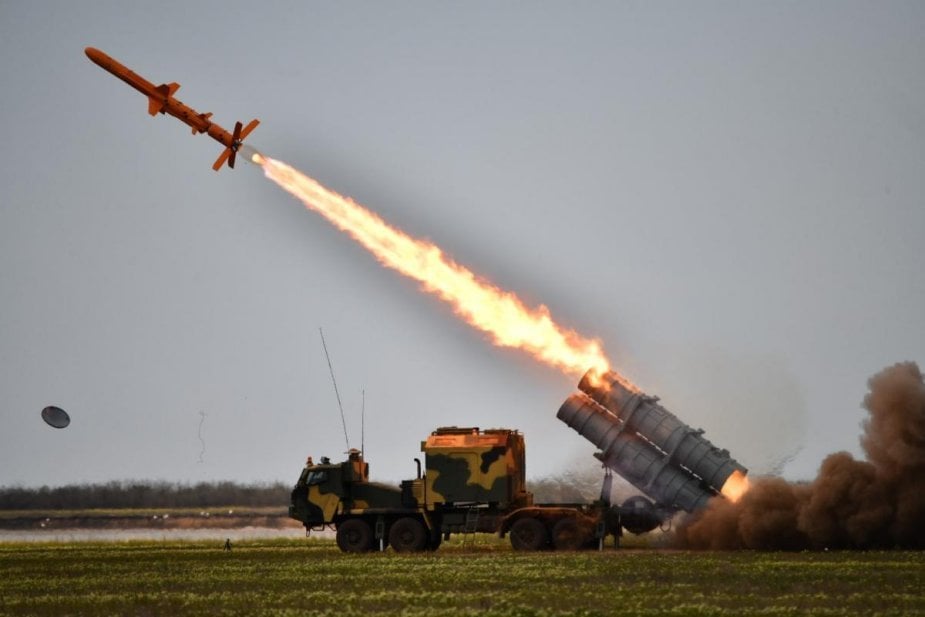
Ukraine striking airfields and logistics hubs inside Russia “is the right thing to do,” the head of NATO’s Military Committee officer said on Friday.
Adm. Rob Bauer from the Netherlands said Kyiv’s choice comes down to “kill the arrows or kill the archer.” He added, that it is possible within the laws of war to use donated weapons across borders because Moscow was the aggressor with its February 2022 invasion.
“What we’re seeing is Russia has to bring back [from the Ukrainian border] its logistics” from 10 kilometers to 50 or 60. That shift is slowing the advances the Kremlin made during the more than six months Congress debated approval of a $60 billion aid package and other nations waited for Washington to act.
That long delay “gave the Russians the idea there was a window of opportunity” to launch their latest offensive. “So far the Russians have not broken the will” of the Ukrainians to continue defending their nation’s existence, he said. “For the Ukrainians, this is an existential fight.”
The results for the Russians in its assault on Kharkiv, Ukraine’s second-largest city, “have not been impressive.”
Bauer said at the Washington Post online event, “we shouldn’t allow [Russian President Vladimir] Putin to deter us” in supporting Ukraine by claiming sending M1-A1 tanks and High Mobility Artillery Rocket Systems [HIMARS] would cross a Red Line and escalate the war.
The pauses in sending these weapons allow the Russians to build up their defenses against them, he added. “Putin is basically lying about everything,” he said.
Bauer dismissed Dmitry Medvedev’s, a former Russian president and senior security official, latest threat to use tactical nuclear weapons since NATO supplied long-range weapons like the Army’s Tactical Missile System [ATACMS] to Ukraine. “I think he’s getting crazier by the day.”
“So far we haven’t seen anything in Russian force posture,” which would indicate Moscow planned to use nuclear weapons, he said.
While he welcomed loosening restrictions on these weapons’ use, Bauer added it was up to individual nations to decide with the Ukrainians range limits of the weapons.
On France’s reported intention to send several hundred military trainers to Ukraine, Bauer said that was an issue that needed to be discussed by the alliance’s political leaders at their June meeting in Washington. Bauer stressed there are no NATO-assigned military trainers there.
Shortly after the possibility of deploying the trainers surfaced in news reports, French President Emanuel Macron said his government would provide Kyiv with combat aircraft and train pilots and crews in France.
When asked about the alliance’s future if Donald Trump wins a second term, Bauer said the “the core” of his complaint about NATO nations not spending enough on their own defense was correct. He expects that two-thirds of its 32 members are now spending at least 2 percent of their gross domestic products on security.
There “absolutely” would be pushback in the alliance if Trump moved to pull the United States out of the alliance. Bauer said since it was a treaty the House and Senate would have to concur.
Russia remains a threat globally and across domains. Bauer said, “we have to keep looking 360-degrees” and the threat is not only directly military. He pointed to the Kremlin’s increasing use of disinformation and lies to make its points with other nations.
After the expulsion of hundreds of its intelligence officers following the attack on Ukraine, he said Russia is now have engaged in “sabotage using locals” to make it appear there is strong resistance to a nation’s policies not in alignment with Moscow’s. “They just pay criminals.”





